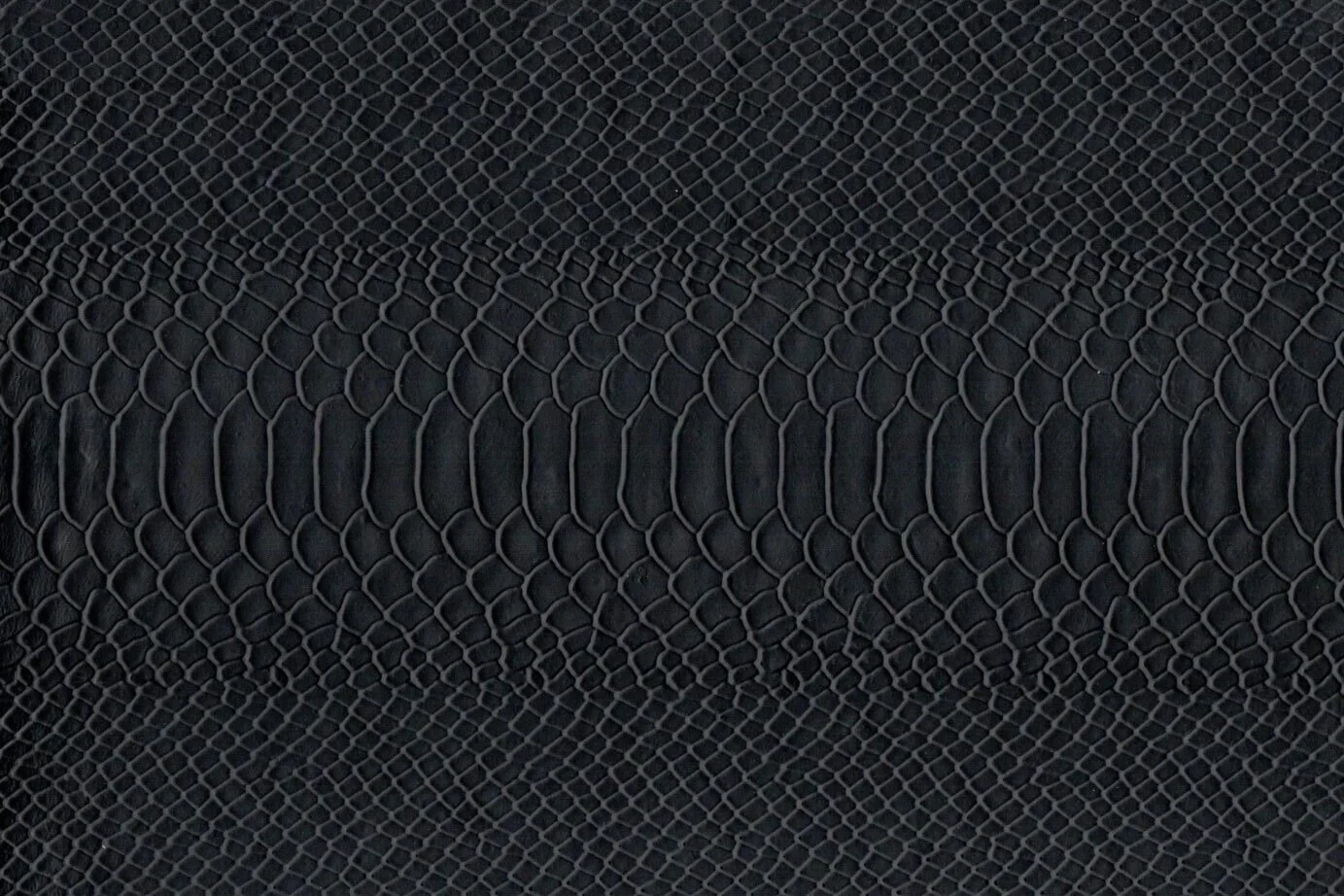Total ethics materials
These materials, whether replacing animal-derived materials or existing in their own right, are more aligned with a total ethics fashion system than others. No material is perfect, but these are certainly preferable.
Sourced responsibly, these materials will help to create a more totally ethical fashion system for us all.
Replacing leather and skins
These materials are far more eco-friendly than leather, which is the third most environmentally impactful of all materials. They are not born from slaughter of bred or captured species, and avoid associated human suffering.
Replacing wool
Unlike wool, these materials do not come from a slaughter industry which commodifies animals. They are more environmentally friendly as shown by data, and they are not tied to mentally harmful industry.
Replacing fur
The most widely accepted material as unethical is fur. These materials replace the skin and fur of sentient beings in a way which is ethical and environmentally forward; making use of recycled and more renewable materials.
Replacing silk
The single most environmentally impactful material of all, silk is born from cruelty. The silk industry is prone to serious human rights issues, too, so these alternative materials are far more totally ethical.
Replacing down
Rather than plucking feathers from birds, whether dead or alive, these materials can be used instead. They are innovative, more warm, ethical and even sustainable in many cases.
Plant-based materials
Organic and sustainably sourced cotton, linen, hemp, and man-made cellulosic materials derived from plant-matter like Tencel and bamboo lyocell are all great materials, regardless of whether they are being used to replace animal-derived materials or not.






